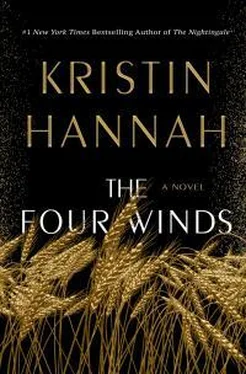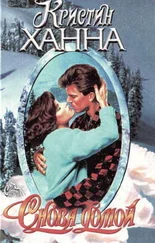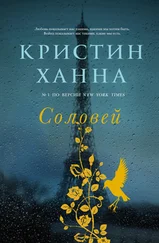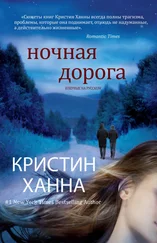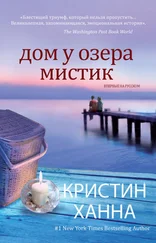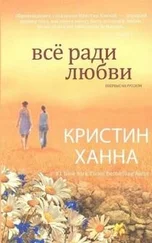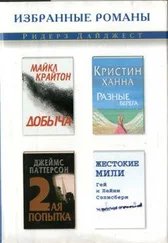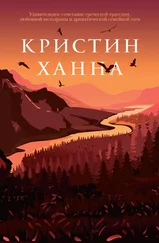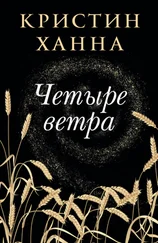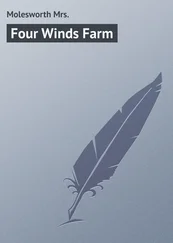“We’re not on grower land. There’s no law saying we can’t talk, ” Loreda said.
“Sometimes legal rights don’t matter as much as they should,” Jack said.
Natalia walked up to Jack. As usual she was impeccably dressed, in black pants and a fitted tan blazer with a white silk blouse buttoned to the throat. It was little wonder Loreda idolized the woman. In the midst of a dangerous meeting, she managed to look glamorous and calm. How did a woman become so steady?
“Come,” she said, taking Jack by the arm. “All of you.”
Natalia led them to the barn door.
In the field between the barn and the road, Elsa saw a steady line of vehicles driving toward the barn. One after another, cars parked out front; doors opened. People stepped out, gathered uncertainly; more arrived. More people came on foot across the bare grass pasture.
Elsa saw the way folks moved as they congregated—nervously, eyes darting back to the road and out across the empty fields.
By eight o’clock, Elsa estimated the crowd at over five hundred. More people walked up the road, merged into the audience gathered in front of the barn. They talked among themselves, but quietly. Everyone was afraid to be there, afraid of the consequences of just listening to talk of a strike.
“You should talk to them,” Jack said to Elsa.
She laughed. “Me? Why would anyone listen to me?”
“You know these people. They’d listen to you.”
“Go on,” she said, giving him a shove. “Convince them the way you convinced me.”
Jack hauled a table out from the barn and set it in front of the big double doors, then jumped up on it.
The crowd stilled. Elsa looked out at the familiar faces: folks who’d come from the Midwest or the South, Texas and the Great Plains; folks who’d worked hard all of their lives and still wanted that, who had fallen on such inexplicably hard times that they were confused, undone. All of them thought, or had thought, as Elsa had, that if they could just get an even break, a chance, they could right the ship of their lives.
“Eight years ago, Mexicans picked almost all of the crops in this great valley,” Jack said. “They came across the border, moved into these fields, and picked the crops and moved on. February for peas in Nipomo. June for apricots in Santa Clara. Grapes in August in Fresno, and September here for cotton. They came, they picked, and they returned home for the winter. Invisible to the locals at every stage. Until the Crash of ’29 broke the system and made Californians afraid for their jobs. They feared who Americans always fear: the outsider. So the state cracked down on illegal immigrants and called the Mexicans criminals and deported them. By ’31, the majority of them were gone or in hiding. It would have been a catastrophe for the agriculture business, but then…”—Jack held out his arms—“the Dust Bowl. The drought. The Great Depression. Millions lost their jobs and their homes. You came west, needing jobs, just wanting to put food on your tables and feed your families. You took the Mexicans’ places in the fields. Now, your people make up ninety percent of the pickers. But you don’t want to be unseen, do you? You came to live here, to put down roots, to be Californians. ”
“We’re Americans!” someone yelled from the crowd.
“We got every right to be here!”
“Rights,” Jack said, looking out at them. “They matter in America, don’t they?”
“Yes!”
“Here you have the right to be paid for your labor, and fairly. You have the right to a living wage, but you have to fight for it. They won’t just give it to you. They care more about their wallets than your survival. We have to join together. Men, women, and children who pick their crops. We have to band together and rise up and say NO MORE . We won’t be treated as worthless. We are going to make a stand on the sixth of October. Pass the word. We will be peaceful. That’s critical. This is a protest, not a brawl. You will go into the cotton fields and sit down. Simply that. If we can slow the means of production, even for a day, we will get their attention.”
“Their attention is dangerous,” someone yelled. “They’ll want to hurt us.”
“They hurt you every day. We have to remember what we’re fighting for,” Jack said. “On the sixth, my comrades are leading strikes at every field and farm we can throughout the valley. If we can strike everywhere at once, we can—”
Sirens cut him off.
Police. Barreling up the road in cruisers, lights flashing.
“Coppers!” someone yelled.
“Strike on the sixth,” Jack said. “Spread the word. All of us on one day. Every field.”
Behind the police cars were trucks filled with men standing in back holding bats and shovels and clubs.
A man on a loudspeaker, standing in the back of one of the trucks, said, “Please disperse. You are engaged in illegal activity.”
The vehicles pulled up and parked. Men jumped down, carrying their weapons.
The crowd broke apart. People screamed and pushed one another aside.
“Loreda!” Elsa couldn’t see her children in the pandemonium. “Ant!”
People ran in all directions. Those who had driven jumped in their cars and drove away. The others ran for their lives across the fields.
Elsa saw Loreda and Ant, clinging to each other, being carried forward by the tide of people.
She started to run for them, but something hit her in the head, hard, and she fell to the ground unconscious.
ELSA CAME AWAKE IN stages. Her mouth was dry. She was thirsty.
The last thing she remembered was—
“Loreda! Ant!” She sat up so fast she felt dizzy.
Jack was beside her. “I’m here, Elsa,” he said.
She was in bed. But not in a room she’d ever seen before. There was an empty chair beside the bed.
Jack handed her a glass of water and sat down in the chair.
“Where are my children?”
“Natalia got them to your cabin. She drove your truck back.”
“How do you know this?”
“I told her to. Natalia never fails. She will be in the cabin, with the door locked. She will shoot anyone who tries to harm them.”
“Will they know I’m safe?”
“Natalia knows you are with me, so yes. She trusts me as I trust her.”
“Quite a relationship you two have.”
“We’ve been through a lot together.”
Elsa downed the water and slumped back. There was a ringing in her ears and a painful throbbing in the back of her head. She touched it gingerly. Her fingertips came back bloodied. “What happened?”
“One of their thugs hit you.”
Elsa saw the bloody, scraped ridge of Jack’s knuckles. “You punched him?”
“And then some.” He put a washrag in a basin of water, wrung it out, and placed it on her forehead.
The coolness soothed. “How long ago?”
“An hour, maybe. They got what they wanted: people are scared to strike.”
“They were scared before, Jack, but they showed up. Was anyone besides me hurt?”
“Several. A few were arrested. They burned down the barn. Took all our mimeograph machines and typewriters.”
Elsa glanced around the small room, saw the spartan décor: an old dresser, a nightstand with a brass lamp on it, a rag rug. Stacks of papers and books and magazines and newspapers lined every wall, covered most surfaces. No mirror. No closet. Just a few men’s clothes hanging from hooks on the wall. It all had a very temporary look. Or maybe this was how men lived without women in their lives. “Where are we?” she asked, but she knew.
“I sleep here when I’m in town.” He paused.
“Interesting you don’t say you live here.”
“My life. It’s … more of an idea. A cause. Or it has been.”
Читать дальше
